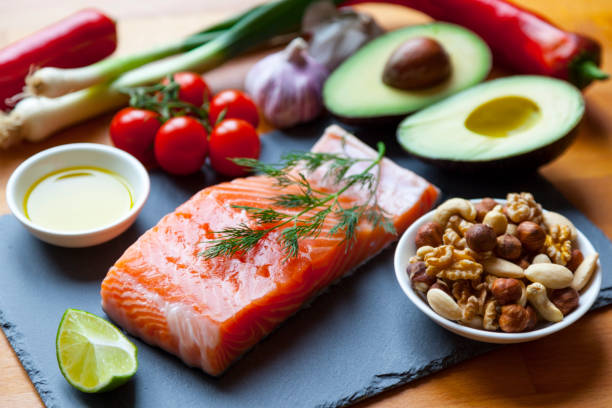Recently popular diets include the Mediterranean and Paleo diets. Despite their benefits and philosophy, the diets differ. Allow us to examine the Paleo and Mediterranean diets so you can make an informed health decision.
Mediterranean Diet: Whole Food Celebration
Mediterranean diets are based on ancient diets.
The key to this diet is eating lots of fresh produce, whole grains, fish, nuts, and olive oil. The Mediterranean diet promotes heart health with its healthy fats and antioxidants thus lowering cardiovascular disease and stroke risk. Anti-inflammatory and disease-preventative properties of this diet suggest it may increase longevity.
Living More Naturally: The Paleo Diet
Paleo assumes cavemen ate this.
As early humans would have eaten lean meats, fish, nuts, seeds, fruits, and vegetables, this diet focuses on these vital elements. Cereals, milk, processed meals, and sweets are banned. The low-carb, high-protein Paleo diet may help you lose weight and stay healthy. It reduces inflammation and improves health, according to proponents.
Mediterranean Diet vs Paleo Diet

- The Mediterranean diet accepts grains and legumes, but the Paleo diet does not.
- Paleo excludes dairy, while the Mediterranean diet does.
- Paleo and Mediterranean diets restrict processed food usage.
Final Thoughts
Both the Mediterranean and Paleo diets have enthusiastic followers due to their health benefits. The Paleo diet is ancestral and may help with weight loss, whereas the Mediterranean diet emphasizes healthy foods and heart health. The best diet depends on your needs and goals.
